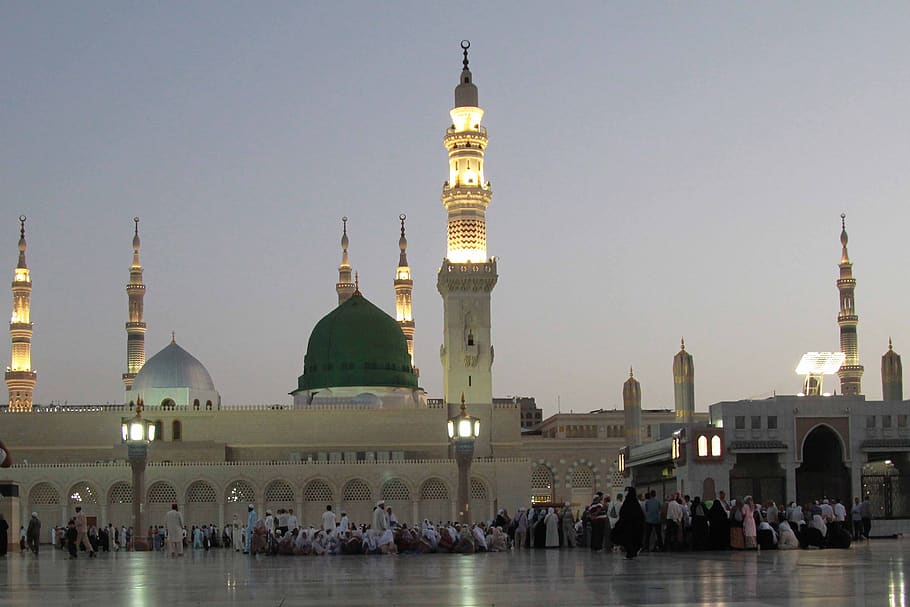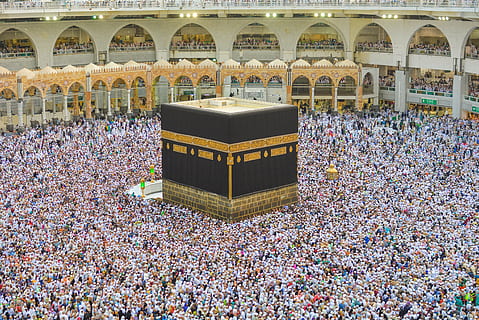Shawwal is the tenth month of the Islamic calendar, following the holy month of Ramadan. It is a time of spiritual reflection, celebration, and renewal for Muslims around the world. In this article, we will explore the significance of Shawwal, its connection to Eid al-Fitr, the practice of fasting six days during this month, and the cultural traditions that make it a special time in the Islamic faith.
What is Shawwal?

Shawwal (Arabic: شَوَّال) is the tenth month of the Islamic lunar calendar. It follows Ramadan and precedes Dhu al-Qi’dah. The word “Shawwal” comes from the Arabic root sh-w-l, which means “to lift or carry.” This etymology reflects the idea of carrying forward the spiritual momentum gained during Ramadan into the new month of Shawwal.
When is Shawwal?

The start of Shawwal is determined by the sighting of the new moon, which marks the beginning of the month. In 2024, Shawwal began on April 10, 2024, and ended on May 8, 2024. The first day of Shawwal is also the day of Eid al-Fitr, a major Islamic holiday that celebrates the completion of Ramadan.
The Significance of Shawwal
Shawwal holds deep spiritual and religious significance for Muslims. It is a time to continue the good deeds and spiritual practices cultivated during Ramadan, while also preparing for the upcoming month of Dhu al-Hijjah, which includes the Hajj pilgrimage.
Fasting in Shawwal
One of the most important practices associated with Shawwal is the voluntary fasting of six days. These fasts are not obligatory but are highly recommended. According to a hadith reported by Sahih Muslim, the Prophet Muhammad (peace be upon him) said:
“Whoever fasts Ramadan and then follows it with six days of Shawwal, it will be as if he fasted for a lifetime.”
This hadith emphasizes the immense reward of fasting during Shawwal and encourages Muslims to continue their spiritual journey beyond Ramadan.
The Six Days of Shawwal
The six days of Shawwal can be fasted at any time during the month, although many scholars recommend fasting them consecutively after Eid al-Fitr. These fasts are considered a form of worship that helps believers maintain the discipline and devotion they developed during Ramadan.
Fasting during Shawwal is believed to bring additional blessings and rewards from Allah. It is a way to seek forgiveness, purify the soul, and strengthen one’s connection with God.
Shawwal and Eid al-Fitr

Eid al-Fitr is the most significant event in Shawwal. It is a day of joy, gratitude, and community for Muslims worldwide. On this day, Muslims gather to pray, exchange gifts, and share meals with family and friends.
The Meaning of Eid al-Fitr
Eid al-Fitr marks the end of the month of Ramadan and is celebrated with great enthusiasm. It is a time to express gratitude to Allah for the strength and blessings received during the holy month. The day is filled with prayers, feasts, and acts of charity, reflecting the values of generosity and unity in Islam.
Cultural Traditions in Shawwal
Shawwal is also a time for cultural celebrations and traditions. In many Muslim communities, families come together to prepare special dishes, wear traditional clothing, and participate in festive activities.
Family Gatherings and Feasts
Family gatherings are an essential part of Shawwal celebrations. Loved ones come together to share meals, exchange greetings, and enjoy each other’s company. These gatherings reinforce the bonds of family and community and provide an opportunity for reflection and gratitude.
Acts of Charity
Charity is a central theme in Shawwal. Many Muslims use this time to give to those in need, donate to charitable causes, and perform acts of kindness. These actions reflect the Islamic values of compassion, generosity, and social responsibility.
Conclusion
Shawwal is a sacred and meaningful month in the Islamic calendar. It is a time to carry forward the spiritual lessons of Ramadan, celebrate the joy of Eid al-Fitr, and engage in acts of worship and charity. Through fasting, prayer, and community, Muslims find ways to deepen their faith and strengthen their connection with Allah.
As the month of Shawwal comes to an end, it serves as a reminder of the importance of maintaining spiritual discipline and seeking closeness to God throughout the year.
Meta Title: Understanding Shawwal: The Tenth Month of the Islamic Calendar
Meta Description: Discover the significance of Shawwal, the tenth month of the Islamic calendar, and learn about its connection to Eid al-Fitr, fasting traditions, and cultural celebrations.
Author: [Nama Lengkap]
Title/Role: [Jabatan atau keahlian]
Credentials: [Ringkasan kualifikasi atau pengalaman terkait]
Profile Link: [Link profil, opsional]
Sources:
– IslamicFinder.org
– Quran.com
– HadithCollection.net
Internal Links:
– Understanding Ramadan
– Eid al-Fitr Celebrations
– The Importance of Fasting
Schema Markup:
{
"@context": "https://schema.org",
"@type": "Article",
"headline": "Understanding Shawwal: The Tenth Month of the Islamic Calendar",
"datePublished": "2025-04-10",
"dateModified": "2025-04-10",
"author": {
"@type": "Person",
"name": "[Nama Lengkap]"
},
"publisher": {
"@type": "Organization",
"name": "Your Website Name",
"logo": {
"@type": "ImageObject",
"url": "https://yourwebsite.com/logo.png"
}
},
"description": "Discover the significance of Shawwal, the tenth month of the Islamic calendar, and learn about its connection to Eid al-Fitr, fasting traditions, and cultural celebrations."
}
Featured Snippet Optimization:
Shawwal is the tenth month of the Islamic calendar, following Ramadan. It is known for its six sunnah fasts and the celebration of Eid al-Fitr. Fasting during Shawwal is believed to bring immense rewards, equivalent to fasting for a lifetime.
Call to Action:
Stay updated with the latest news and insights about Islamic traditions and practices. Explore more articles on our website to deepen your understanding of the faith.












More Stories
The Ultimate Guide to Choosing the Perfect Wedge Pillow for Comfort and Health
Understanding Shawwal Month: Significance, Traditions, and Islamic Observances
US Trending News: Understanding Shade Lighter Than Cappuccino: A Guide to Coffee Bean Roasts